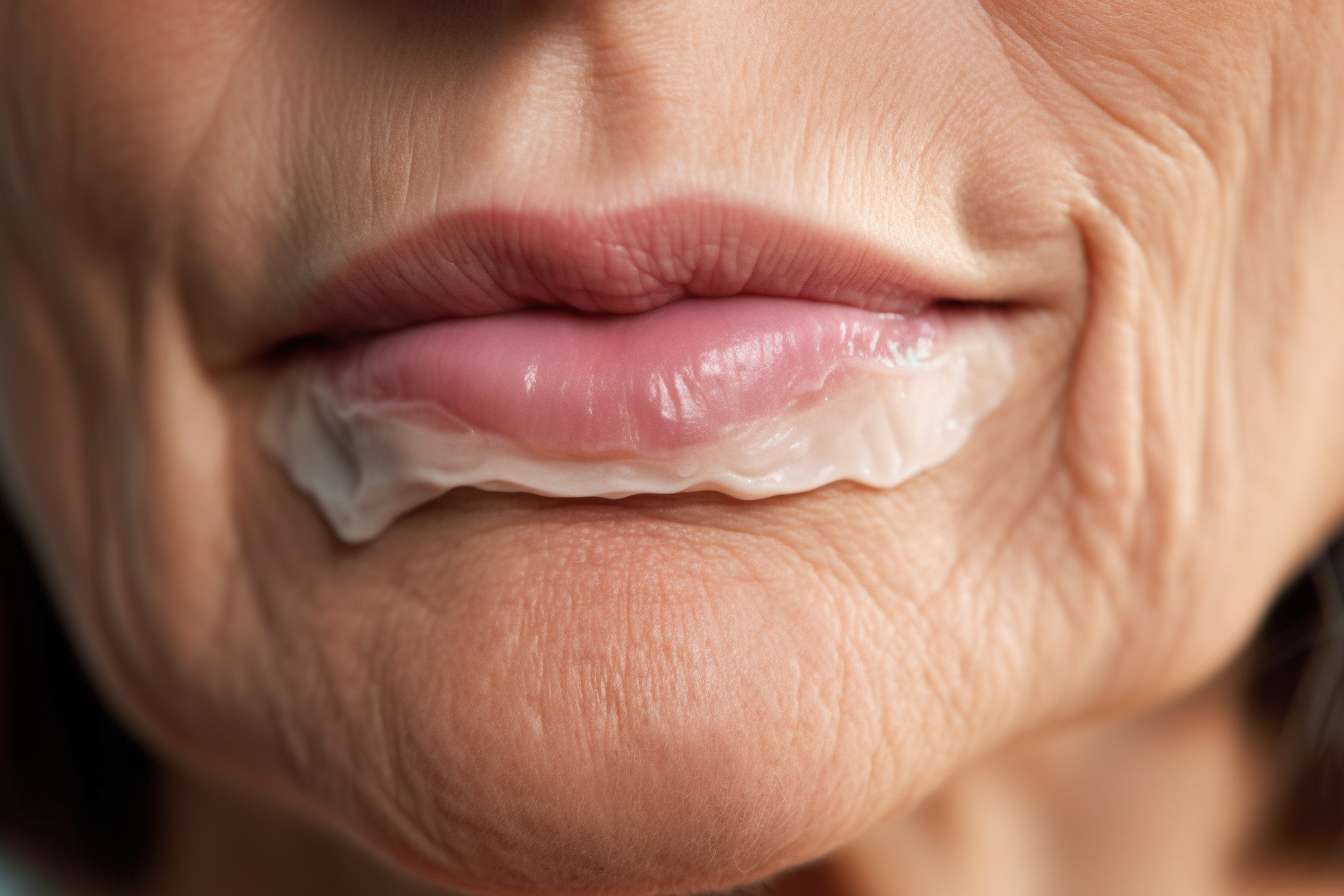Nighttime steps to support barrier function and shaft integrity
Evening routines can help preserve both skin barrier and hair shaft integrity by focusing on hydration, gentle cleansing, and targeted nutrients. A consistent set of steps for the complexion, scalp, and strands helps reduce moisture loss and supports repair while you sleep.

Nighttime care offers a consistent opportunity to support the skin barrier and the structural health of hair shafts. During sleep, skin and scalp rest in a lower-activity environment, which is ideal for replenishing moisture and delivering nutrients to the dermis and follicles. A focused routine that cleanses without stripping, conditions appropriately, and targets hydration can reduce breakage, minimize frizz, and maintain overall complexion balance while you recover from daytime exposure.
This article is for informational purposes only and should not be considered medical advice. Please consult a qualified healthcare professional for personalized guidance and treatment.
How to support complexion and the dermis overnight
A nighttime routine for the complexion should prioritize gentle hydration and barrier repair. Start with a mild, non-foaming cleanser that removes impurities without disrupting lipids in the epidermis. Follow with serums containing humectants such as hyaluronic acid to attract moisture into the dermis and occlusives like squalane or ceramides to lock that moisture in. These steps reduce transepidermal water loss and help maintain a resilient barrier by night, allowing natural repair processes to proceed with fewer interruptions.
What nighttime steps benefit the scalp and follicles?
Scalp health affects hair strength from the follicle outward. Use a light, scalp-friendly cleanse a few times a week to remove buildup that can block follicles and contribute to inflammation. If the scalp is dry, apply a lightweight oil or scalp serum that contains barrier-supporting lipids and nutrients to soothe and hydrate. Avoid heavy products that clog pores; instead choose formulations that balance moisture and allow the scalp to breathe overnight, supporting a healthier environment for follicle function.
How to maintain hydration and moisture in strands overnight
Overnight hydration can reduce friction and breakage for strands. Apply a small amount of leave-in conditioner or a lightweight moisturizing serum to mid-lengths and ends, where moisture loss and split ends most often occur. Consider using a silk or satin pillowcase to reduce mechanical friction that leads to frizz and breakage. For very dry hair, a pre-sleep oil or nutrient-rich mask applied sparingly can provide sustained hydration through the night without weighing the hair down.
How to cleanse and condition without stripping the barrier
Choose cleansing and conditioning products with balanced pH and gentle surfactants to prevent barrier disruption. Cleansing should remove sweat, oil, and pollutants but avoid harsh detergents that strip natural oils from the skin and scalp. Conditioning should restore moisture and smooth the hair cuticle, using ingredients like glycerin, mild proteins, and fatty alcohols. Rinse thoroughly when required, and for overnight treatments, apply sparingly to ends rather than the scalp to prevent pore congestion.
How to reduce frizz and breakage while styling at night
Nighttime styling choices can protect strand integrity. Avoid tight hairstyles that create tension on roots and cause breakage in fragile areas. For those who use heat styling, give hair time to cool before bed and apply a protective leave-in to reduce friction. When braiding or loosely tying hair, use soft ties to prevent kinking and mechanical stress. Managing humidity exposure with light anti-frizz serums or overnight smoothing formulas can help maintain strand alignment and reduce breakage.
Which nutrients and antioxidants support repair overnight?
Topical and dietary nutrients contribute to barrier function and shaft integrity. Ingredients such as niacinamide, ceramides, and peptides support skin barrier synthesis and may indirectly benefit scalp health. Antioxidants like vitamin C and vitamin E help limit oxidative stress that can degrade dermal structures and hair proteins. In hair care, formulations containing biotin-related complexes, amino acids, and gentle botanical extracts can supply building blocks for stronger strands. Remember that absorption and activity vary; consistent, gentle application is preferable to aggressive treatments.
Nighttime support for barrier function and the hair shaft relies on a few consistent principles: clean without stripping, restore moisture with humectants and occlusives, supply targeted nutrients and antioxidants, and reduce mechanical stress to the scalp and strands. A thoughtful evening routine that respects the physiology of the complexion, dermis, follicles, and scalp can help maintain hydration, reduce frizz, and lower the risk of breakage over time. Regular, gentle care is more effective than sporadic intensive treatments for long-term resilience.






